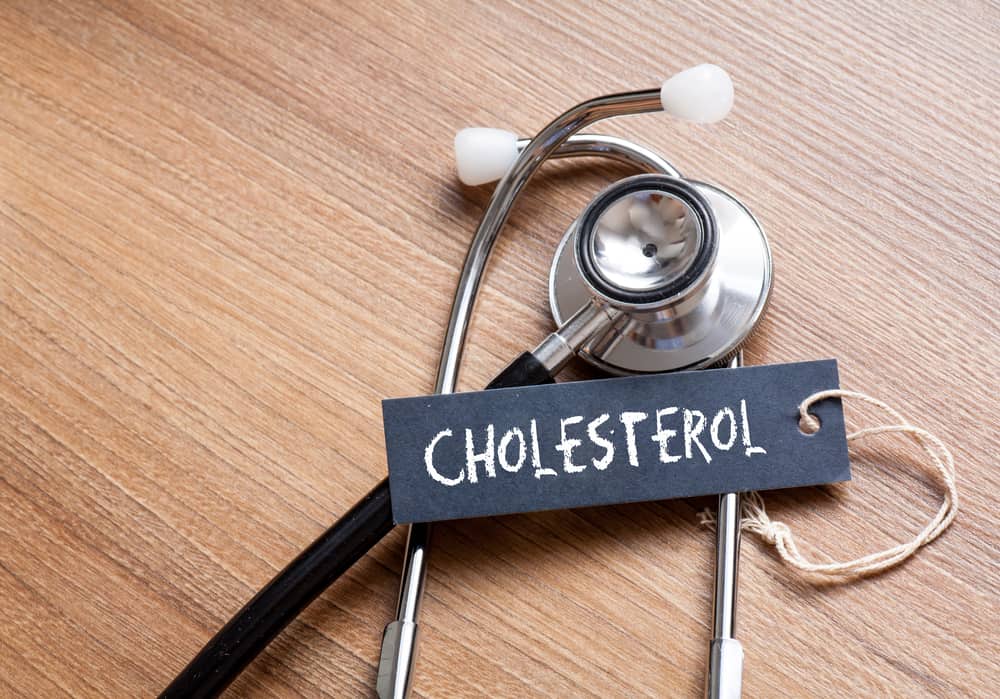Contents:
- Medical Video: Hypersomnia: the causes and treatment of sleep disorders
- What is the connection between depression and too much sleep?
- Why is too much sleep just not healthy?
- 1. Diabetes
- 2. Obesity
- 3. Headaches
- 4. Back pain
- 5. Depression
- 6. Death
Medical Video: Hypersomnia: the causes and treatment of sleep disorders
Have you ever felt that you slept more than usual? If true, it might be caused by depression. Sleep disorders and depression do look like two different things, but both can have the same trigger factors and symptoms. In fact, these two conditions may be overcome by the same treatment strategy.
What is the connection between depression and too much sleep?
Sleep disturbance is one of the main signs of depression. When you are depressed, you may not be able to sleep, or sleep too much.
For people who suffer from excess sleep or hypersomnia, this is actually a medical disorder. In most depressed patients, lack of sleep or insomnia is very common. Vice versa, insomniacs are 10 times more at risk for depression than those who sleep well.
Depression makes you feel sad, hopeless, worthless, and helpless. Of course, everyone can feel sad or down from time to time, but when you feel sad for a long period of time and those feelings become intense, a depressed mood and physical symptoms can prevent you from living a normal life.
Other symptoms of depression include:
- feeling very sad or empty
- merasas loses hope, is worthless, or guilty
- feeling very tired and slow, or anxious and irritable
- losing the pleasure of many things that were previously pleasant
- less energy
- difficult to concentrate, think, or make decisions
- changes in appetite that can cause changes in body weight
- reduced or increased need for sleep
If you experience the above symptoms for more than two weeks, you should see a doctor for the right diagnosis.
Why is too much sleep just not healthy?
Of course, not everyone who sleeps too much means is depressed. Other possible causes of excess sleep include the use of certain substances, such as alcohol and some prescription drugs. In addition, there are also people who just want to sleep long. However, if you get used to it, too much sleep can trigger the following health risks:
1. Diabetes
People who sleep too much or lack sleep are more at risk of developing diabetes.
2. Obesity
Weight gain can be caused by excess sleep. A study on the link between sleep and obesity showed that people who slept for 9 or 10 hours each night were 21% more at risk for obesity within a period of six years, compared to people who slept for 7-8 hours a night.
3. Headaches
You might think that sleep can cure your headaches. But it turns out that in some people, sleeping longer on weekends or holidays can cause headaches. Too much sleep can affect the chemicals in the brain which can cause headaches in the morning.
4. Back pain
In ancient times, people with back pain were often asked to rest more. However, modern knowledge proves that this ancient solution is wrong and can even make your condition worse. Regular exercise is needed to maintain flexibility. If you suffer from back pain, consult a doctor. He or she may encourage you not to sleep more than usual, if possible.
5. Depression
Although insomnia is more commonly associated with depression than excess sleep, about 15% of people with depression sleep too much. This will ultimately make their depression worse, because regular sleep habits are important for the recovery process.
6. Death
Several studies have found that people who sleep 9 hours or more at night have a significantly higher mortality rate than people who sleep 7-8 hours a night. Specific reasons for this correlation have not been determined, but the researchers found that depression and low socio-economic status also had to do with sleeping longer. They speculate that these factors could be related to an increase in the mortality rate observed in people who are sleeping too much.
Hello Health Group does not provide medical advice, diagnosis or treatment.












